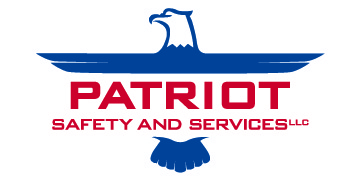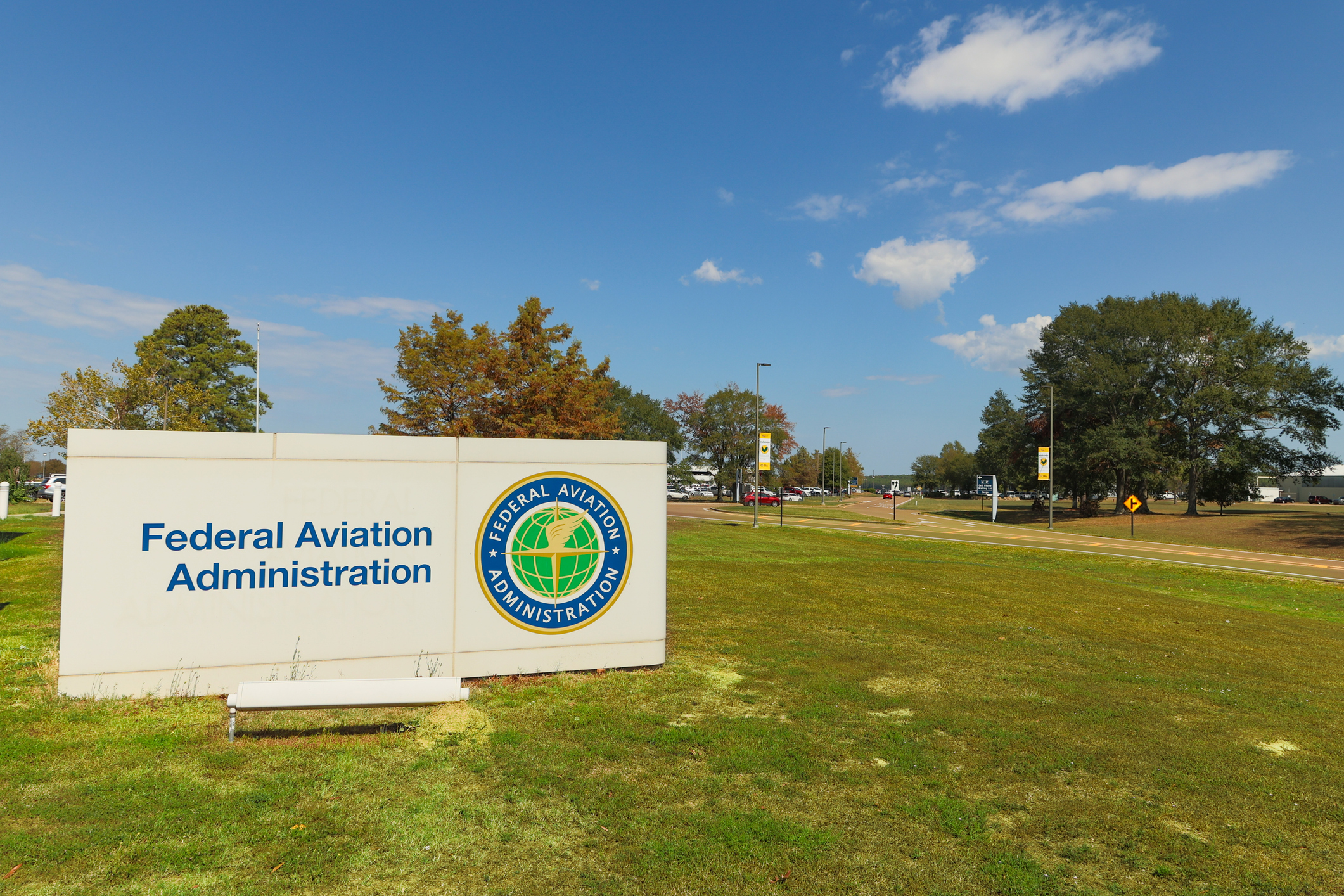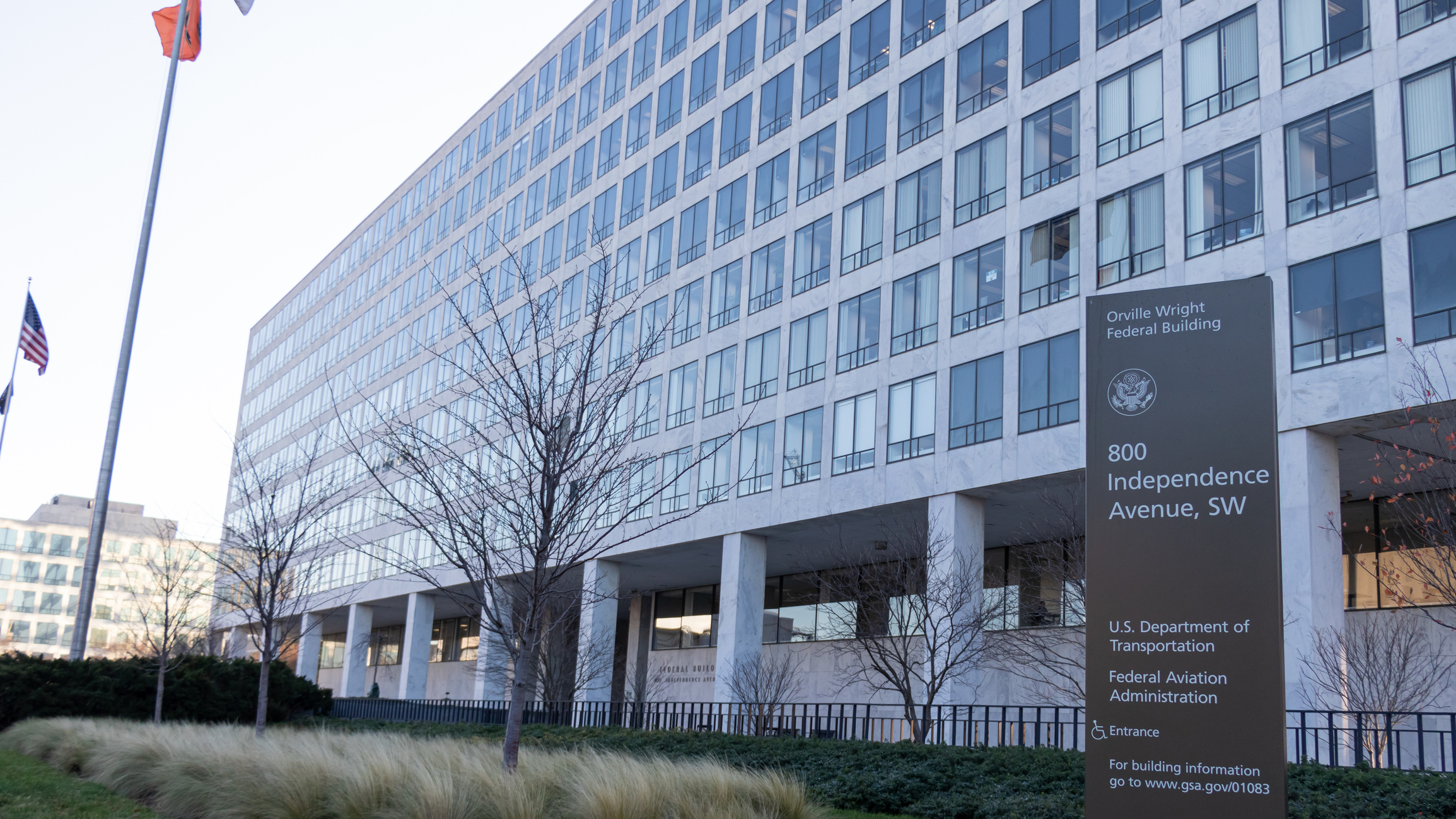For businesses regulated by the U.S. Department of Transportation (DOT), compliance is non-negotiable. One of the most critical—and heavily regulated—aspects of that compliance is DOT drug testing. Designed to promote safety and accountability in industries where public risk is high, DOT drug testing is far more than a workplace policy—it’s a federal requirement.
Whether you’re overseeing a fleet of commercial drivers, managing a transit authority, or running a pipeline operation, understanding and adhering to DOT drug testing rules is essential. This blog covers the key requirements, testing scenarios, and recordkeeping practices employers need to follow to stay compliant.
Who Is Subject to DOT Drug Testing?
DOT drug testing applies to employees in safety-sensitive positions regulated by one of the DOT’s modal agencies. These include:
Federal Motor Carrier Safety Administration (FMCSA)
Federal Aviation Administration (FAA)
Federal Transit Administration (FTA)
Federal Railroad Administration (FRA)
Pipeline and Hazardous Materials Safety Administration (PHMSA)
United States Coast Guard (USCG)
If your employees operate commercial motor vehicles, work on pipelines, or perform functions that could impact public safety, they are likely subject to DOT drug testing requirements.
Employers must ensure that all covered employees are aware of DOT drug testing policies and receive training on their responsibilities under these regulations.
What Substances Are Tested Under DOT Drug Testing?
DOT drug testing is standardized and focuses on specific controlled substances as mandated by federal law. The five-panel test screens for:
- Marijuana (THC)
- Cocaine
- Amphetamines (including methamphetamine)
- Opiates (including codeine, heroin, morphine)
- Phencyclidine (PCP)
Unlike non-DOT testing, DOT drug testing follows strict procedural guidelines set by the Department of Health and Human Services (HHS), including chain of custody protocols and certified lab analysis.
When Is DOT Drug Testing Required?
Employers must conduct DOT drug testing at specific points in the employee lifecycle and in response to certain events. These include:
- Pre-Employment Testing
Before a safety-sensitive employee can begin working, they must pass a DOT drug testing screen. There are no exceptions.
- Random Testing
Employers are required to randomly test a percentage of their safety-sensitive workforce each year. Random selection must be scientifically valid and unannounced.
- Post-Accident Testing
If an accident meets DOT-defined criteria (such as fatalities or citations), DOT drug testing must be conducted as soon as possible—typically within 32 hours.
- Reasonable Suspicion Testing
Supervisors trained to identify signs of drug use can initiate DOT drug testing when there is reasonable cause to suspect impairment.
- Return-to-Duty and Follow-Up Testing
After a failed test or policy violation, employees must complete a DOT return-to-duty process, which includes directly observed drug testing, followed by a series of follow-up tests over 12 to 60 months.
Recordkeeping and Policy Compliance
Maintaining accurate records is one of the most important aspects of managing DOT drug testing. Employers must retain the following:
- Test results (positive and negative)
- Custody and control forms
- Employee training documents
- Supervisor training records
- Annual MIS (Management Information System) reports
Failure to keep proper documentation can result in heavy fines or loss of operating authority. That’s why working with a professional testing provider—like Patriot Safety and Services—can ensure that your company meets all federal requirements for DOT drug testing.
Common Mistakes Employers Make with DOT Drug Testing
Even well-meaning businesses can fall out of compliance. Here are a few frequent missteps related to DOT drug testing:
Using the wrong test panel (non-DOT test for a DOT position)
Inconsistent application of random selection processes
Failing to document supervisor training for reasonable suspicion testing
Ignoring return-to-duty guidelines after a failed test
Each of these issues can result in fines or worse—especially if a workplace accident occurs and your DOT drug testing records are incomplete or incorrect.
Why Partner with a Certified Testing Provider?
Navigating DOT drug testing requirements can be time-consuming and overwhelming. Patriot Safety and Services offers comprehensive DOT drug testing programs that are 100% compliant with federal guidelines. We handle:
- Pre-employment and random testing
- Post-accident and reasonable suspicion support
- Collection site coordination
- Lab analysis and reporting
- Compliance tracking and records management
Our team works closely with transportation companies, construction contractors, utility providers, and more to deliver efficient, confidential, and compliant testing services.
With Patriot as your DOT drug testing partner, you can stay focused on your operations while we handle the logistics and regulations.
Getting Started with a Compliant DOT Drug Testing Program
If your business operates in a safety-sensitive industry, DOT drug testing isn’t just a best practice—it’s the law. Building a compliant program involves more than just ordering tests. It requires:
- A clearly written policy
- Supervisor and employee training
- Proper data management
- Reliable testing schedules
- Certified collection and laboratory services
Working with an experienced testing provider like Patriot ensures that each of these components is handled professionally and consistently.
We understand that every organization has unique needs. That’s why we offer customized DOT drug testing plans that match your operational size, risk level, and budget—without compromising compliance.
Final Thoughts
In the transportation and public safety industries, compliance with DOT drug testing requirements is critical. But beyond meeting legal obligations, a strong testing program helps protect lives, strengthen your workforce, and build a culture of accountability.
By understanding your responsibilities and implementing a program that follows DOT guidelines, your company can avoid costly penalties and contribute to a safer work environment. And with support from Patriot Safety and Services, staying compliant has never been easier.
If you’re ready to launch or upgrade your DOT drug testing program, contact our team today—we’ll help you build a solution that works.





